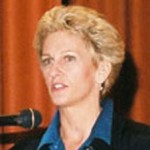Pam Korza
Washington, DC

Pam Korza co-directs Animating Democracy, a program of Americans for the Arts that inspires, informs, promotes, and connects arts and culture as potent contributors to community, civic, and social change. She co-wrote Civic Dialogue, Arts & Culture: Findings from Animating Democracy, and the Arts & Civic Engagement Tool Kit. She co-edited Critical Perspectives: Writings on Art & Civic Dialogue, as well as the five-book Case Studies from Animating Democracy. She has consulted and offered workshops and presentations on the principles and practices of arts and civic engagement for artists, cultural organizations, funders, and at cross-sector gatherings across the country as well as at colleges and universities. In 2008, Pam participated in a professional exchange with public art professionals in Beijing, Shanghai, and Harbin, China and as a keynote speaker about community arts at an international conference in Shanghai. In 2010, she was one of three international keynote speakers at a conference on Local Regeneration and Community Arts in Seoul, South Korea. Pam serves as a National Advisory Board member for Imagining America, a consortium of colleges and universities that supports public scholarship and practice to strengthen the public role and democratic purposes of the humanities, arts, and design through mutually beneficial campus-community partnerships. Pam previously worked with the Arts Extension Service (AES) at the University of Massachusetts, a national service organization that promotes community development through the arts. While at AES, she coordinated the National Public Art Policy Project in cooperation with the National Endowment for the Arts, which culminated in the publication Going Public: A field guide to developments in art in public places, a publication she co-wrote and edited. She also directed the New England Film & Video Festival.
Presentation(s):
Mapping the Landscape of Arts for Change
Day 2 / Apr, 13 @ 10:30 am
1st Floor : Regency Room
An interactive session that engages participants in mapping their work in the spectrum of community development, community building, civic engagement, social change, and social justice with the intention to explore issues of framing, language, practice and standards., Taking a wide-angle view of “arts for change” work. Consider intention, outcomes and accountability for the creators, investors, and communities involved.





